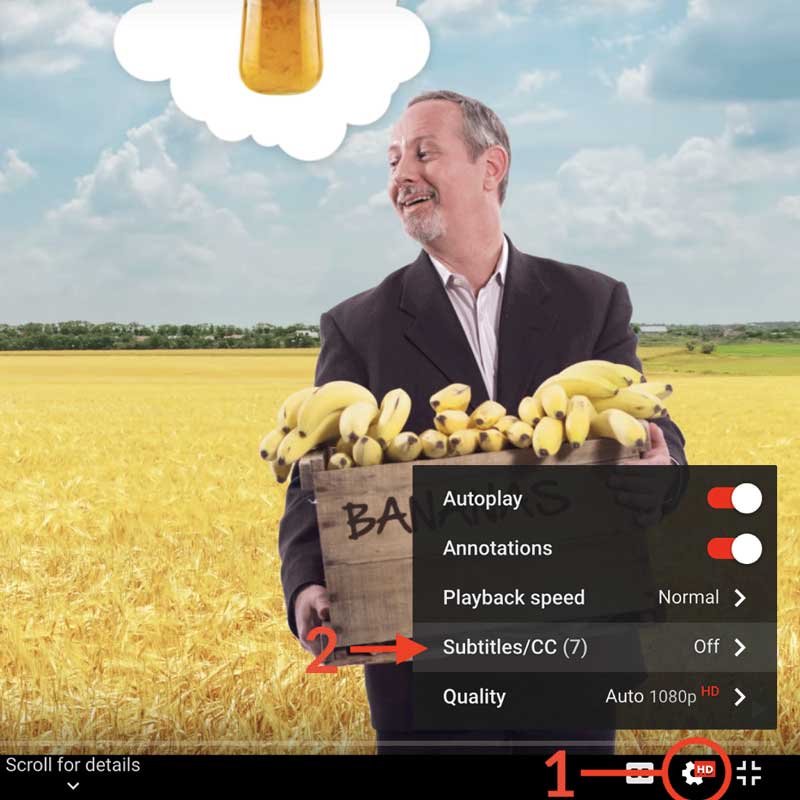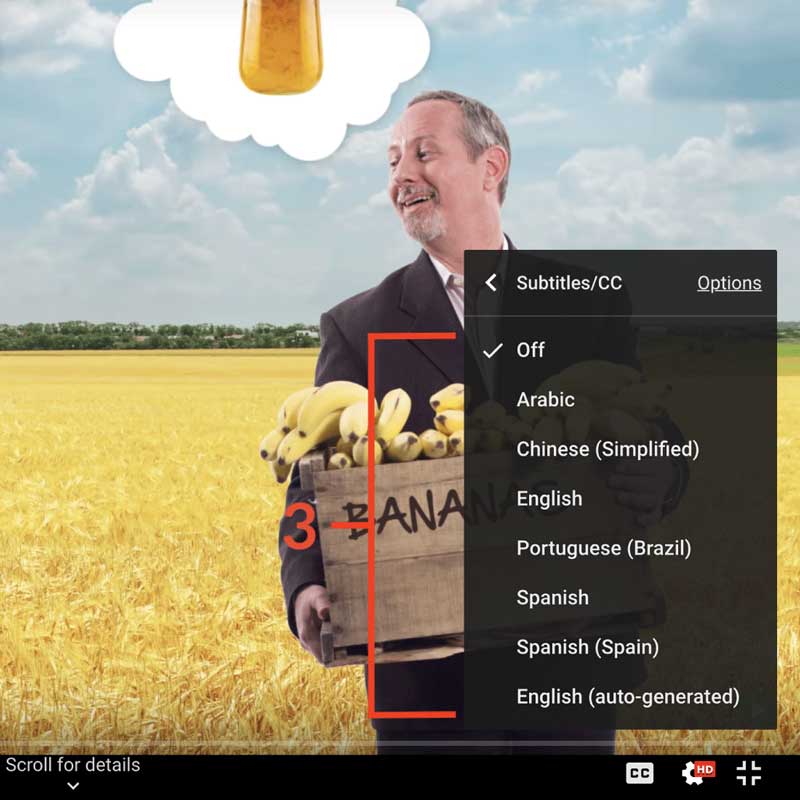The Economics of Wine
Course Outline
The Economics of Wine
What does an economist know about wine? Given that many wines need years to mature, how can one predict which ones will be great or not?
Princeton’s Orley Ashenfelter explains how he used economic principles and regression analysis to predict wine quality (and score great deals!). His research helped spawn an entire field dedicated to the economics of wine.
This video is based on the following paper:
Predicting the Quality and Prices of Bordeaux Wines By Orley Ashenfelter
Teacher Resources
Transcript
I got involved in it, interestingly enough because I couldn't really afford the wines that I wanted to buy, so I was trying to figure an angle, a quantitative angle that would let me do something, buy some things that I couldn't normally afford.
There's some controversy fermenting within the wine community. At its center is an economist who claims he can analyze fine wines without ever savoring a drop. Why did you even get involved in this? I mean you're an economist.
Wine is what people call an experience good. You go to the store, and you look at all these bottles, and you don't know what it's going to taste like. You don't know what it's like until you open it. Then it's too late if you made a mistake. So even though it's incredibly difficult for people to tell wines apart, it's much more difficult than people realize.
There are nevertheless price differences that clearly are in part justified by the quality differences. I was trying to figure out how to learn about quality differences and to do that at a point where prices really hadn't fully adjusted to the observed quality of the wines.
They spend any more than 20 bucks for a bottle, 30, 40, 50 -- what's the difference and is it really worth what you're getting inside -- how do you know? What's in the bottle is the key, and what's in the bottle really depends on what kind of grapes you have.
I learned that you could predict what the ultimate quality of the wine will be from the weather that created the vintage itself. A vintage is all the wines that are produced from a particular growing season. You like to have a dry end of a growing season, and then you need to have a growing season to be warm enough so that you can get the grapes right. In places where you don't irrigate, it's nice to have a lot of rain in the winter.
So we can explain quite a lot on the prices of the wines after they've become mature, when they're drinkable. Bordeaux wines, in particular, are not so interesting when they're really young. They start to become interesting when they're about ten years old. People collect them, fancy restaurants have them.
You always buy old wines, you can go to the auctions and buy them. Here I could predict the prices of the older wines using the weather. The thing of it is, it made such a fantastic example in econometrics because there is no question about causality. There's no question that the weather must affect the prices. The prices certainly didn't change the weather.
So it's one of those examples where regression analysis is totally justified and actually quite successful. Now here's where the anomaly comes in. The vintages, when they come on the market -- the farmers have the same costs every year, so they would like to get the same price for the grapes every year. If the vintages really differ in quality, it doesn't make sense that that should be true. So what they do is they have a very grand scheme for keeping the prices stable when they're young.
What that means is if you're willing to keep the wines for ten years, and if you know what the weather was when they created the vintage, you can buy the ones that are underpriced as opposed to the ones that have to be overpriced to make this average come out.
Once I know what it is about the weather that makes wines made from a certain kind of grape good, then I can ask myself, well, there are probably many places where these grapes are not planted, what would be a good place? And the answer to that question is, well, one that has the weather that matches what a good vintage would look like.
Let's say we're talking about the Cabernet type of grapes that are grown in Bordeaux. South Jersey has temperatures just like in Bordeaux. I planted grapes in New Jersey. It was kind of a shocking idea. We do have vintage variability from year to year -- we have a little bit more rain than they do. But this year we had a fantastic vintage. It was my first crop that I had 35,000 pounds of incredibly good, beautiful red grapes that are going to make some really good wine.
This has now become an actual subject, the economics of wine. There's a thing called the American Association of Wine Economists -- has meetings every year. It's really an attempt to focus on a very special area so that you can think about bigger problems. Basically, once you get started on something like that, the number of uses for it becomes phenomenal
Subtitles
- English
- Spanish
- Chinese
Thanks to our awesome community of subtitle contributors, individual videos in this course might have additional languages. More info below on how to see which languages are available (and how to contribute more!).
How to turn on captions and select a language:
- Click the settings icon (⚙) at the bottom of the video screen.
- Click Subtitles/CC.
- Select a language.


Contribute Translations!
Join the team and help us provide world-class economics education to everyone, everywhere for free! You can also reach out to us at [email protected] for more info.
Submit subtitles
Accessibility
We aim to make our content accessible to users around the world with varying needs and circumstances.
Currently we provide:
- A website built to the W3C Web Accessibility standards
- Subtitles and transcripts for our most popular content
- Video files for download
Are we missing something? Please let us know at [email protected]
Creative Commons

This work is licensed under a Creative Commons Attribution-NoDerivatives 4.0 International License.
The third party material as seen in this video is subject to third party copyright and is used here pursuant
to the fair use doctrine as stipulated in Section 107 of the Copyright Act. We grant no rights and make no
warranties with regard to the third party material depicted in the video and your use of this video may
require additional clearances and licenses. We advise consulting with clearance counsel before relying
on the fair use doctrine.


